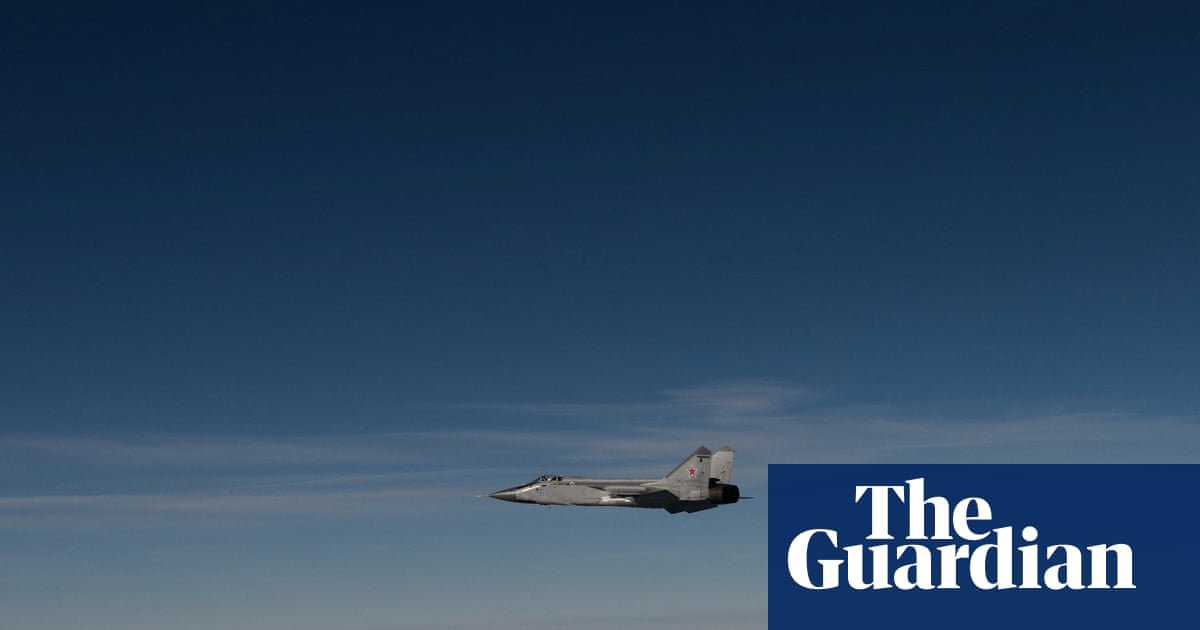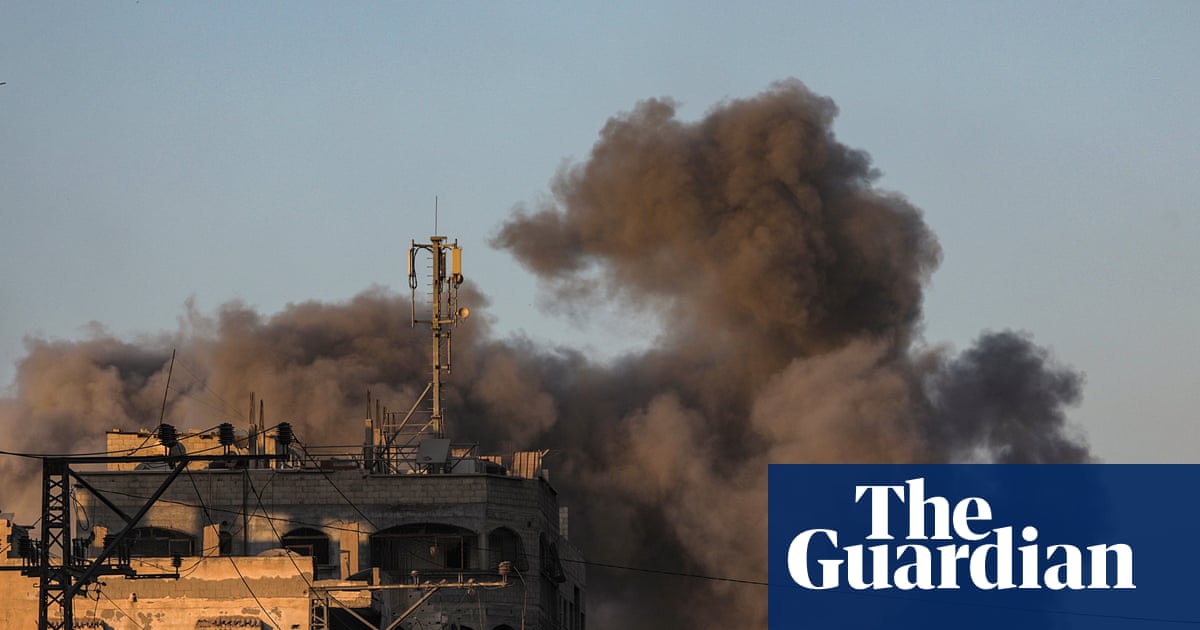With barely 48 hours elapsed since the US launched strikes against Iran, the swift resumption of near-normal service circumnavigating the war zone underlines that few crises, short of the global pandemic, have stopped airlines and their passengers flying for long.
British Airways had been planning to restart flights to the Middle East cities of Doha and Dubai again, after cancelling departures from Heathrow at the weekend. However, on Monday evening Qatar closed its airspace again as Iran launched a missile attack on US bases in the country.
Nevertheless, the hiatus so far has been significant, given the airports involved are critical Gulf hubs in international aviation on routes where options have become limited and the geopolitical squeeze is getting tighter.
The first job of the industry is to steer clear of unnecessary risk, with uncertain threats after the escalation of conflict in the Middle East, and the reach of modern drone and missile attacks. The aviation industry has long stressed that safety is paramount, but has been rocked by this month’s Air India disaster, the deadliest crash on a modern, scheduled airliner in many years.
Global air traffic, certainly that looking to connect Europe and Asia, has already been forced into a tighter funnel: passenger planes have not flown over Ukraine since the Russian invasion three years ago, and most western airlines are banned from Russian airspace. That has already made, for example, London-Japan flights borderline unviable for airlines competing with Chinese carriers who can continue on a direct route over Russia, and many have trimmed back accordingly.
The closure of Ukraine’s skies has compounded congestion within European aviation, with many operators complaining bitterly of air traffic control delays as they compete for safe passage. A similar scenario could unfold on the ever-tighter corridors now available in the Middle East, says the aviation analyst John Strickland of JLS Consulting: “The Gulf is a busy region, even for airlines who are not based there. The more it is restricted, the more challenging it is for airlines.”
For now the route over Iraq as well as Iran remain off limits, and aviation in Israel is restricted to a few rescue flights operated by El Al to bring nationals home. The European safety agency, EASA, has advised against flying over Syria, Jordan and Lebanon since 13 June, and parts of Egyptian airspace are regarded as a risk.
In the swarm of planes plotted on tracking sites such as FlightRadar24, the growing no-go zones are clearly visible. Some airlines now route north via Georgia and over Afghanistan, while others are forced round the south-west to turn east over Saudi Arabia.
The Gulf carriers continue to operate most services as normal despite the confines – Emirates’ only current cancellations are the services directly to Tehran and Baghdad.
Singapore Airlines and Air France-KLM were among those who joined BA in weekend cancellations, while Finnair – boxed in more than most already by Ukraine and Russia – has put all flights on hold to Doha until the end of the month.
after newsletter promotion
The immediate moves for cancellations will have been primarily motivated by security. But in the longer term the schedules will also be dictated by dwindling profit margins from longer flights, and potential for more disruptive delays.
“It is adding significant time to flights, which not only makes them late but more expensive to operate because they are burning more fuel,” Strickland says. “And if crews are on duty longer, they risk having to cancel flights due to restrictions on working hours and potential nonavailability of crew – as well as for reasons of safety and security.”
Share prices in airlines have dipped to various degrees since Israel launched the first attack on 12 June. Airlines will also keenly be watching the rising oil price that has ensued – and the premium paid for jet fuel, which has risen even more sharply than the price of crude in recent weeks.
The world has been keen to fly since the Covid crisis, and willing to pay a premium. Hedging means the oil price may not filter through into fares this summer, but with Ryanair already signalling that fares would rise regardless this year, passengers may find themselves paying ever more for the privilege.

 2 months ago
98
2 months ago
98

















































